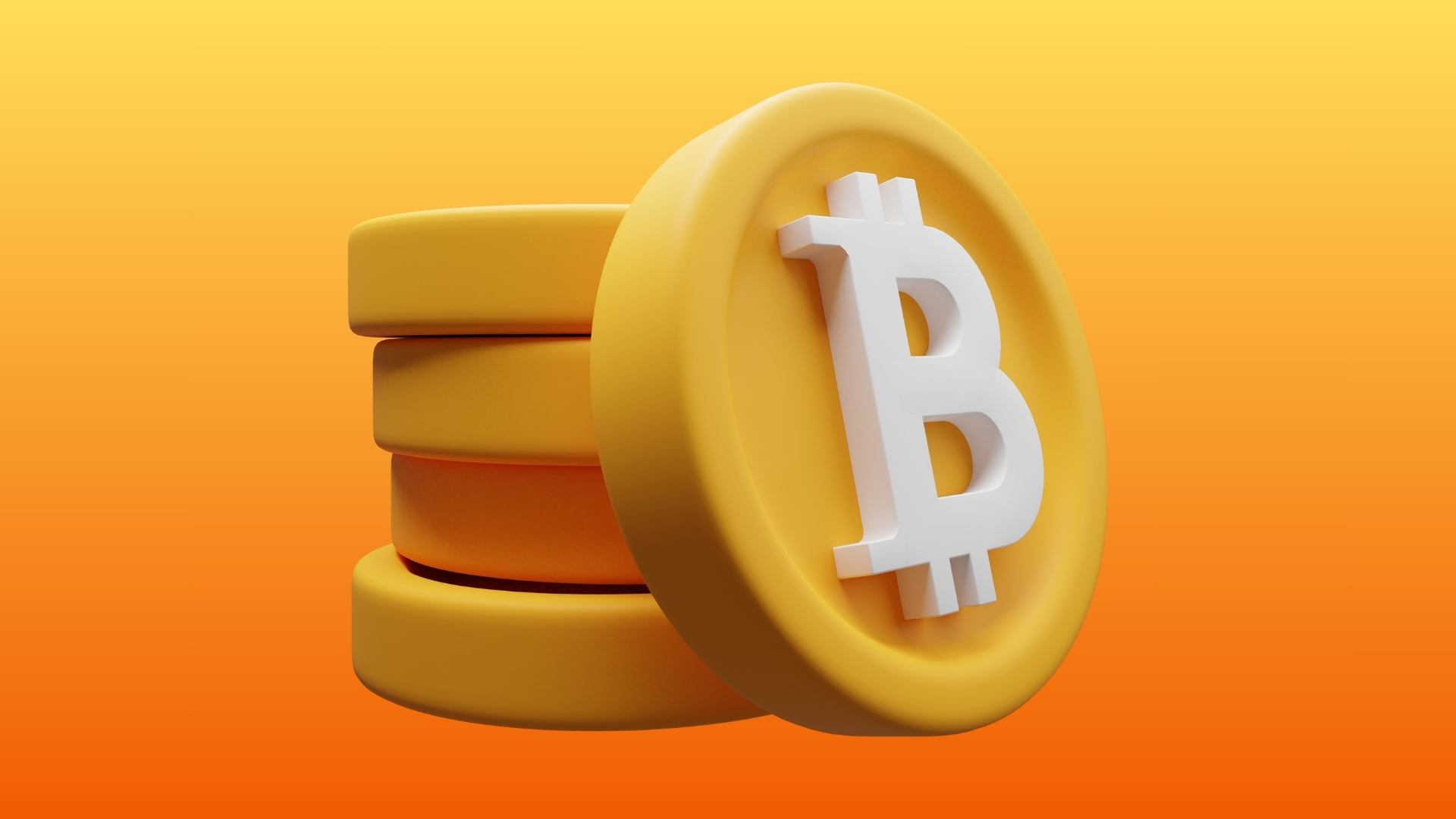What is Bitcoin ?
Bitcoin is a digital currency that has revolutionized the world of finance and technology. Launched in 2009 by an unknown person or group using the pseudonym Satoshi Nakamoto, Bitcoin is a decentralized digital currency that operates without the need for a central authority or intermediaries.
How bitcoin works
Bitcoin operates on a technology called blockchain, a distributed ledger that records all transactions across a network of computers. Here’s a simplified breakdown of how Bitcoin works:
- Initiate a Transaction: You decide to send Bitcoin to someone. You use a digital wallet to enter the recipient’s address and the amount of Bitcoin you want to send.
- Broadcast to Network: Your transaction is broadcast to the Bitcoin network. This network is made up of thousands of computers called nodes.
- Verification by Miners: Miners are specialized computers that validate transactions. They make sure you have enough Bitcoin to send and that you haven’t already spent it.
- Adding to the Blockchain: Once verified, your transaction is grouped with others into a block. This block is then added to the blockchain, making the transaction official and unchangeable.
- Recipient Gets Bitcoin: The recipient’s wallet is updated, showing the new balance.
Key Features of Bitcoin
- Limited Supply: Bitcoin has a finite supply, with a maximum of 21 million coins. This scarcity is designed to create value over time, similar to precious metals like gold.
- Divisibility: One Bitcoin can be divided into 100 million smaller units called satoshis, making it highly divisible and useful for microtransactions.
- Pseudonymity: Bitcoin transactions do not require real-world identities, offering a level of privacy to users. However, all transactions are publicly recorded on the blockchain.
- Security: Bitcoin transactions are secured by cryptographic algorithms, making it extremely difficult to alter or forge transaction data.
Why is Bitcoin important?
Bitcoin has several significant impacts on the financial world and beyond:
- Financial Inclusion: Bitcoin provides access to financial services for people without traditional banking systems, especially in developing countries.
- Reduced Transaction Fees: Bitcoin transactions can be cheaper than traditional methods, especially for international transfers.
- Hedge Against Inflation: With its limited supply, Bitcoin is often seen as a hedge against inflation, attracting investors looking to preserve value.
- Innovation and Development: Bitcoin has inspired the creation of thousands of other cryptocurrencies and blockchain-based projects, fostering innovation in various industries.
How to get started with Bitcoin
If you’re interested in exploring Bitcoin, here are some steps to get started:
- Educate Yourself: Understand the basics of Bitcoin and blockchain technology. We have free courses and guides.
- Get a Wallet: A Bitcoin wallet is a digital tool that allows you to store, send, and receive Bitcoin. There are various types of wallets, including software, hardware, and mobile wallets.
- Buy Bitcoin: You can purchase Bitcoin on cryptocurrency exchanges using traditional money. Some popular exchanges include Coinbase, Binance, and Kraken.
- Secure Your Investment: Ensure your wallet and private keys are secure. Use strong passwords, enable two-factor authentication, and consider using hardware wallets for added security.
Conclusion
Bitcoin is more than just a digital currency; it is a groundbreaking technology that has transformed the way we think about money, transactions, and trust. Whether you are an investor, a tech enthusiast, or someone curious about the future of finance, understanding Bitcoin is an essential step towards navigating the evolving digital landscape.
By learning about Bitcoin and its underlying technology, you can better appreciate its potential to reshape various aspects of our world, from financial systems to technological innovations. Dive into the world of Bitcoin today and explore the possibilities it offers.
Enroll on this Free Course


